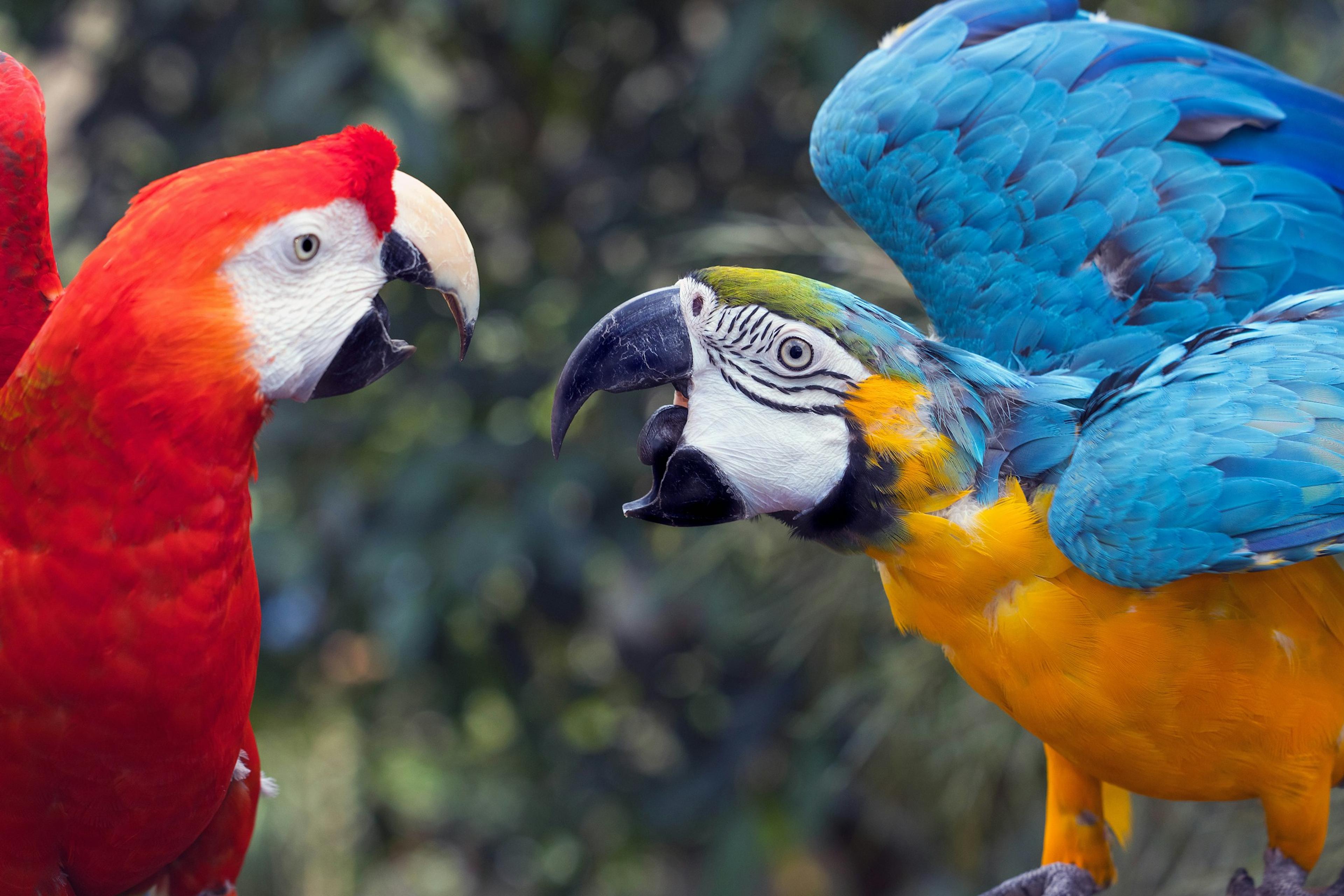
Why you lose your cool during arguments, and how to reclaim it
Video by Dr Tracey Marks

Video by Dr Tracey Marks
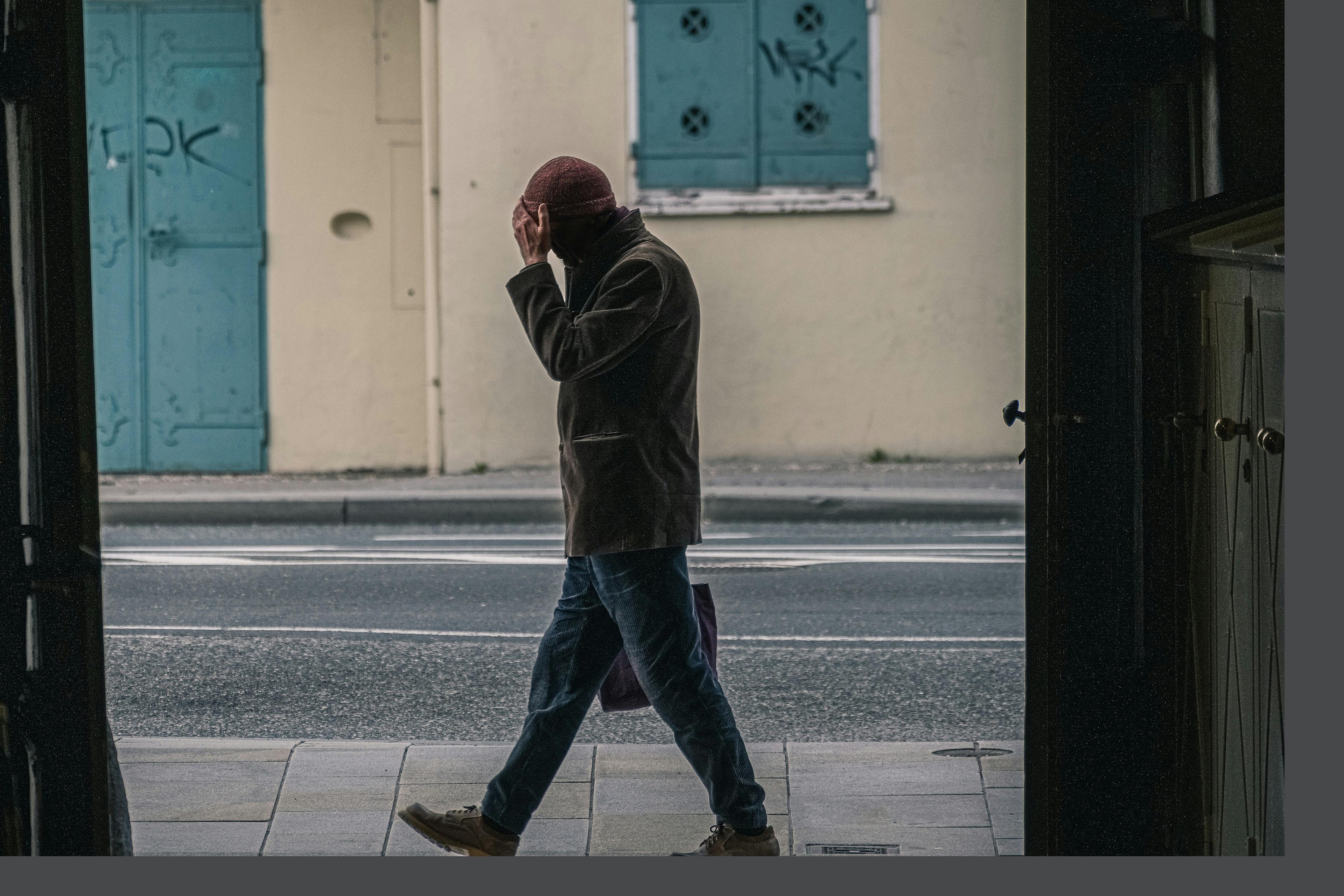
Self-talk is a proven way to boost motivation, think clearly and process your emotions. These tips will help you use it well
by Maryellen MacDonald

Video by Dr Tracey Marks

Hassles are part of life, but the way we react often makes them worse. ACT skills can help you handle them with greater ease
by Patricia E Zurita Ona

When you become afraid of your own reaction to perceived threats, it creates a vicious cycle. Here’s how to break free
by Nick Wignall

Research on frightening but fun experiences offers some encouragement for those of us who prefer to know what’s ahead
by Matt Huston
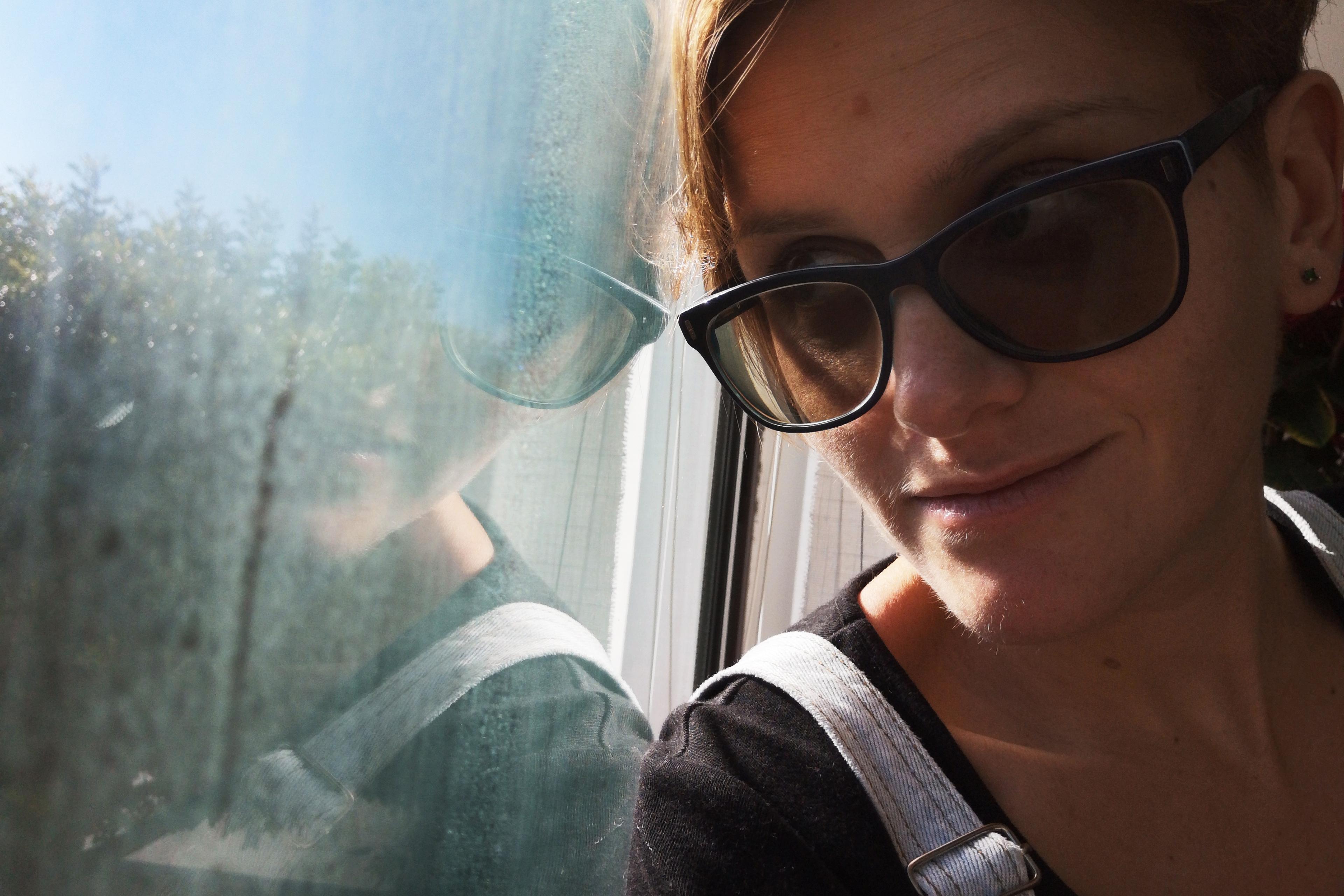
Borderline personality disorder is often misunderstood. Here’s what you should know about it and how to get real support
by Sara Rose Masland & Thea McAfee
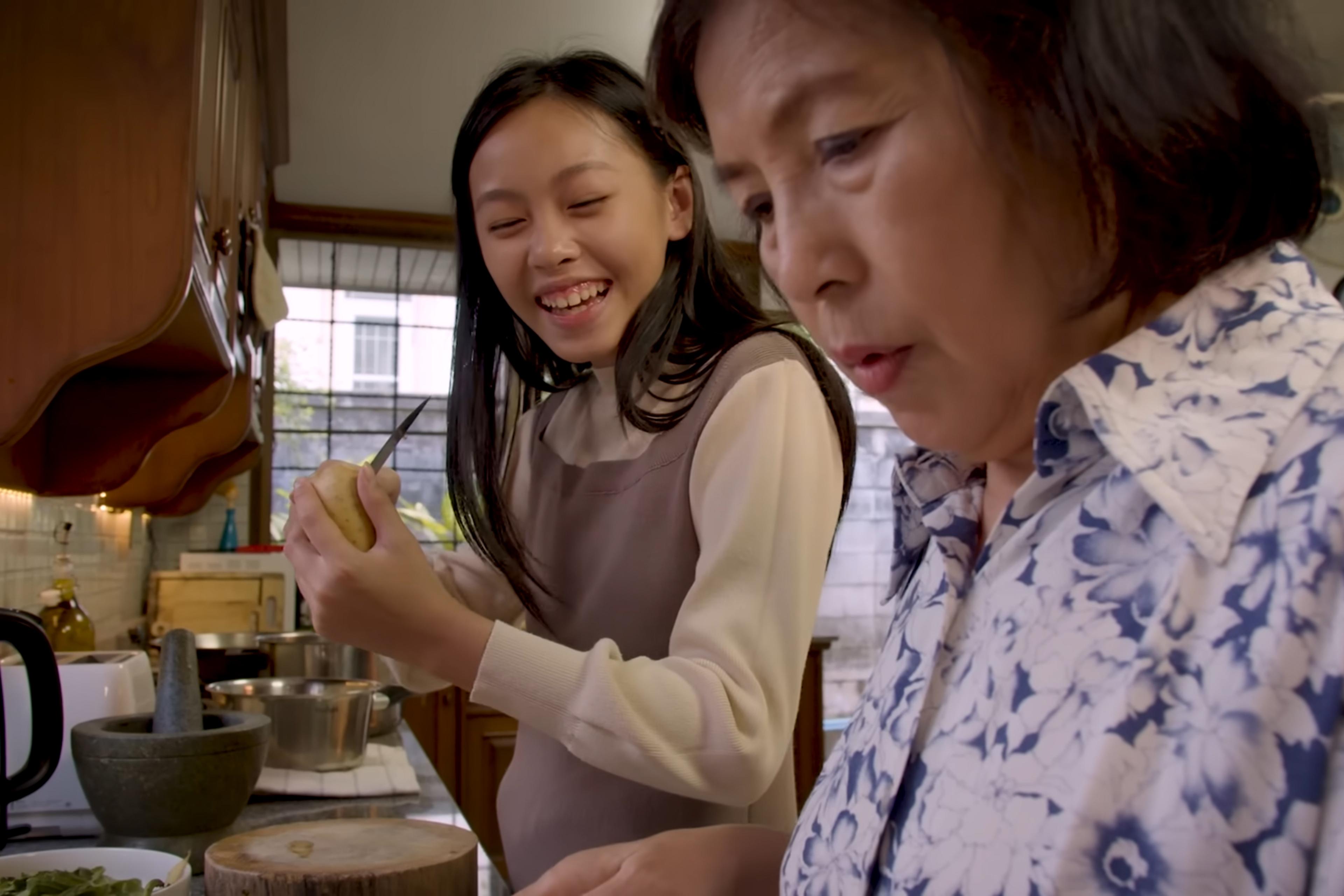
Video by The Well

Acting on impulse often feels good at first, but brings trouble later. Understanding these urges can help you control them
by Peggilee Wupperman

In this noisy world, being highly sensitive is a challenge. But learn to manage overwhelm and you can reap the upsides too
by Jadzia Jagiellowicz

Taking a difficult experience and inspecting its elements might help us feel better about it
by Matt Huston

Knowing the reasons people opt not to know – and the consequences of that choice – could help us see when it’s problematic
by Jeremy L Foust

There’s growing evidence for the psychological and health benefits of cold-water immersion. Here’s how to get started
by Jenny Favell

As much as people struggle with not knowing, we live in an uncertain world – and there are advantages to embracing that
by Jessica Alquist

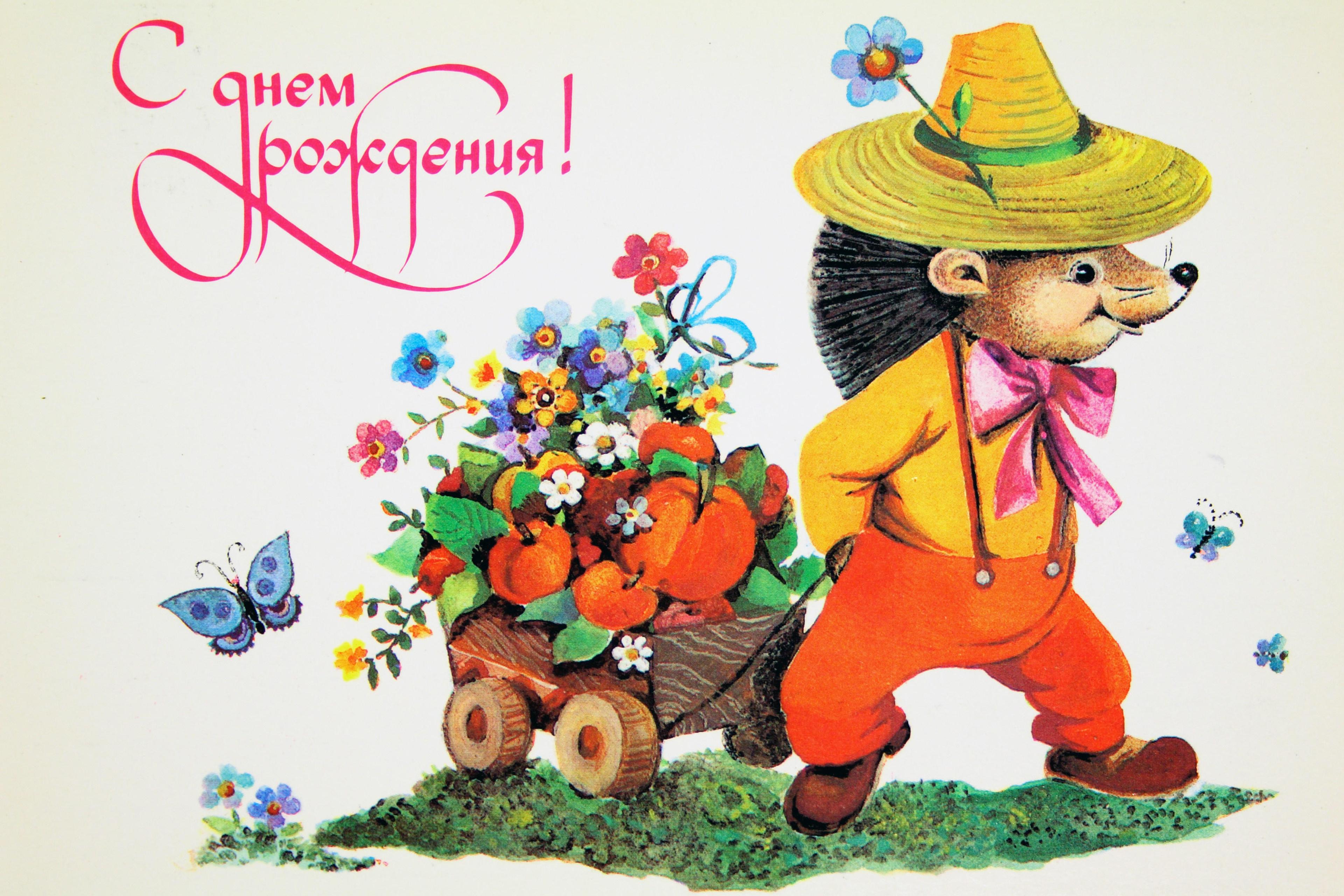
In the Soviet Union, you’d never wish someone ‘S dnem rozhdeniya!’ without a proper present
by Margarita Gokun Silver